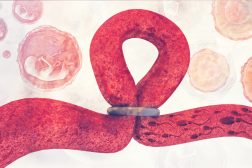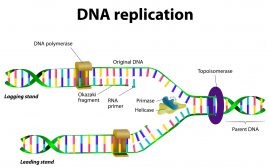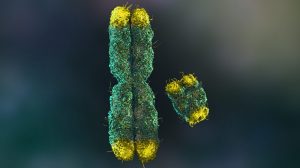Digit
1. (Science: zoology) One of the terminal divisions of a limb appendage; a finger or toe. The ruminants have the cloven foot, i. E, two hoofed digits on each foot. (Owen)
2. A fingers breadth, commonly estimated to be three fourths of an inch.
3. (Science: mathematics) One of the ten figures or symbols, 0, 1, 2, 3, 4, 5, 6, 7, 8, 9, by which all numbers are expressed; so called because of the use of the fingers in counting and computing.
By some authorities the symbol 0 is not included with the digits.
4. (Science: anatomy) One twelfth part of the diameter of the sun or moon; a term used to express the quantity of an eclipse; as, an eclipse of eight digits is one which hides two thirds of the diameter of the disk.
Origin: L. Digitus finger; prob. Akin to gr, of uncertain origin; possibly akin to E. Toe. Cf. Dactyl.
The length of breadth of a finger used as a linear measure.A finger or toe in human beings or corresponding part in other vertebrates.The metatarsals of mammals (the hands and toes).
Dictionary > Digit
You will also like...

Movement of Molecules Across Cell Membranes
Molecules move within the cell or from one cell to another through different strategies. Transport may be in the form of..

Birth Control and Contraception
Different pregnancy and birth control and contraception strategies are described. Read this tutorial to learn each of th..

Cell Structure
A typical eukaryotic cell is comprised of cytoplasm with different organelles, such as nucleus, endoplasmic reticulum, G..

DNA Structure & DNA Replication
DNA is a double helix structure comprised of nucleotides. A nucleotide, in turn, is made up of phosphate molecule, deoxy..

Chromosomes X and Y and Sex Determination
This tutorial looks at sex determination via the sex chromosomes, X and Y. Read it to get more info on X and Y chromosom..

Sensory Systems
A sensory system is a part of the nervous system consisting of sensory receptors that receive stimuli from the internal ..

